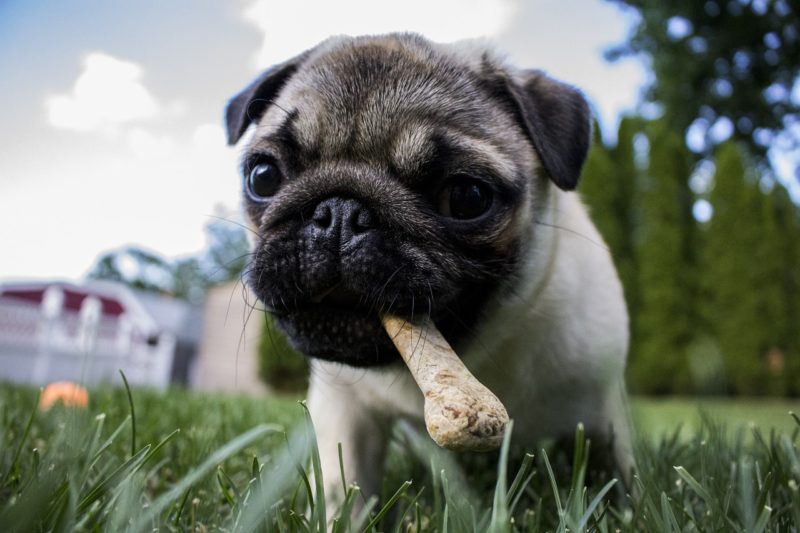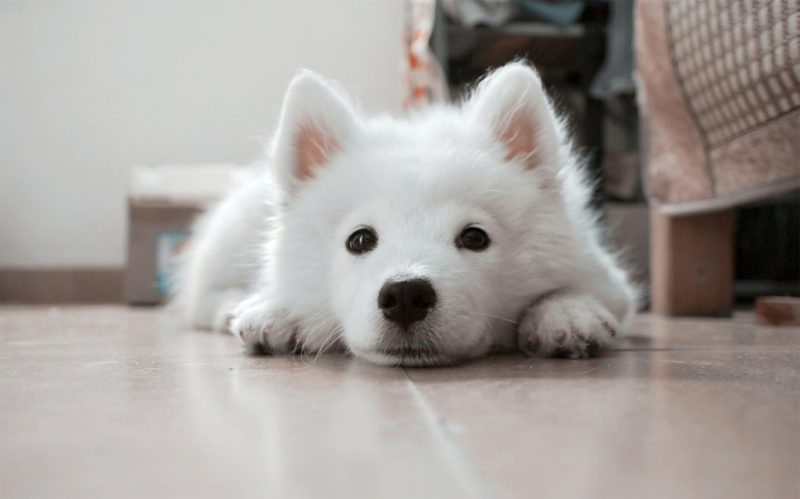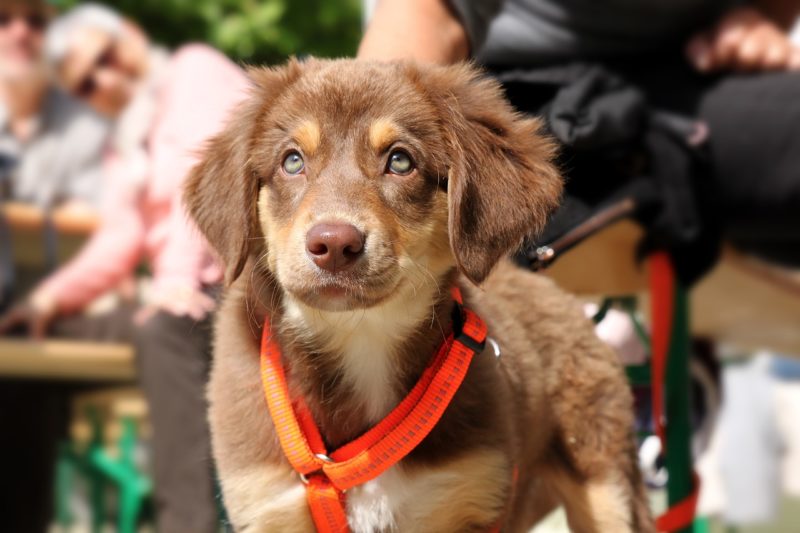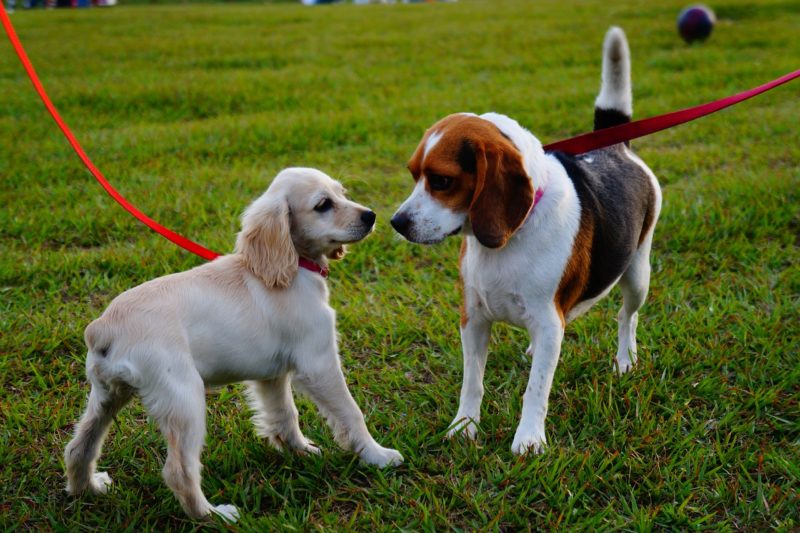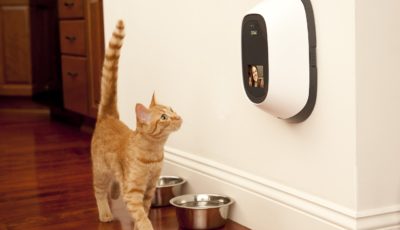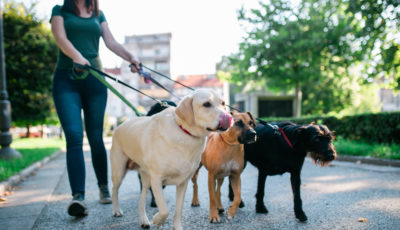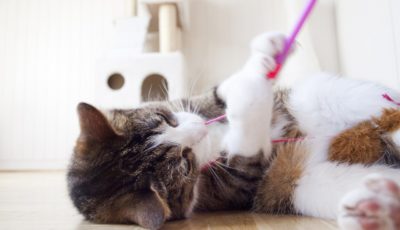A Guide to Puppy Training
Bringing a puppy into the family is a big responsibility, and if you are soon to be looking for a suitable breed, you will already be aware of the cost of keeping a dog, which does include making a few sacrifices. Most families that want a dog will go for a puppy, as they are much easier to train than an already mature animal, although having said that, an older dog can adjust to a different lifestyle. Assuming you are opting for a puppy, here are some useful tips on training.
Start as you Mean to Continue
Puppies are like young children, in as much as they will test the boundaries you set, and if you don’t draw any lines at all, then you can expect a rough ride as your dog grows. He needs to know his name, so always call him when you want him to come to your side. Invest in a stock of doggie chews, and use them as a reward when he does something right. Positive reinforcement is the best way to help a young dog understand what is expected of him, and you should never use physical punishment, rather a serious tone of voice is enough to tell him that you are not happy about something.
Toilet Training
This should begin as soon as he arrives, and his litter tray should be kept in the kitchen, near his bedding, and it doesn’t normally take long for a puppy to realise what the tray is for. Consistency in your response in important, as this helps the dog to figure things out, and once he knows where he should do his business, that should stay with him for the rest of his life.
Introducing the Leash
The leash is a vital item that protects the dog when out and about, and he needs to learn that being on the leash requires him to walk slowly at your side. Commands like, sit, come here and stay, can all be introduced at this stage, and a great way to teach a puppy is by making a game out of it, with treat rewards when he gets it right. Repetition is necessary for a while until he understands what you expect from him. Prior to taking the puppy out and about, he should visit the vet and receive the first set of vaccinations, which will protect him when he meets other animals.
Safety
A puppy is very much like a young child, in terms of not being aware of dangers, and you should consider taking out pet insurance, which will cover you if he has an accident. Introduce the puppy to other dogs carefully, and before very long, he will become accustomed to meeting other dogs and people. You should never let him off the leash until you are sure he will come when called, and only in an open area where there are no cars.
It is vital that your puppy knows you are the alpha dog of the pack, and you should always be in control, especially when out and about, and with a lot of patience and perseverance, your pet will soon learn all he needs to blend in with his new family.

